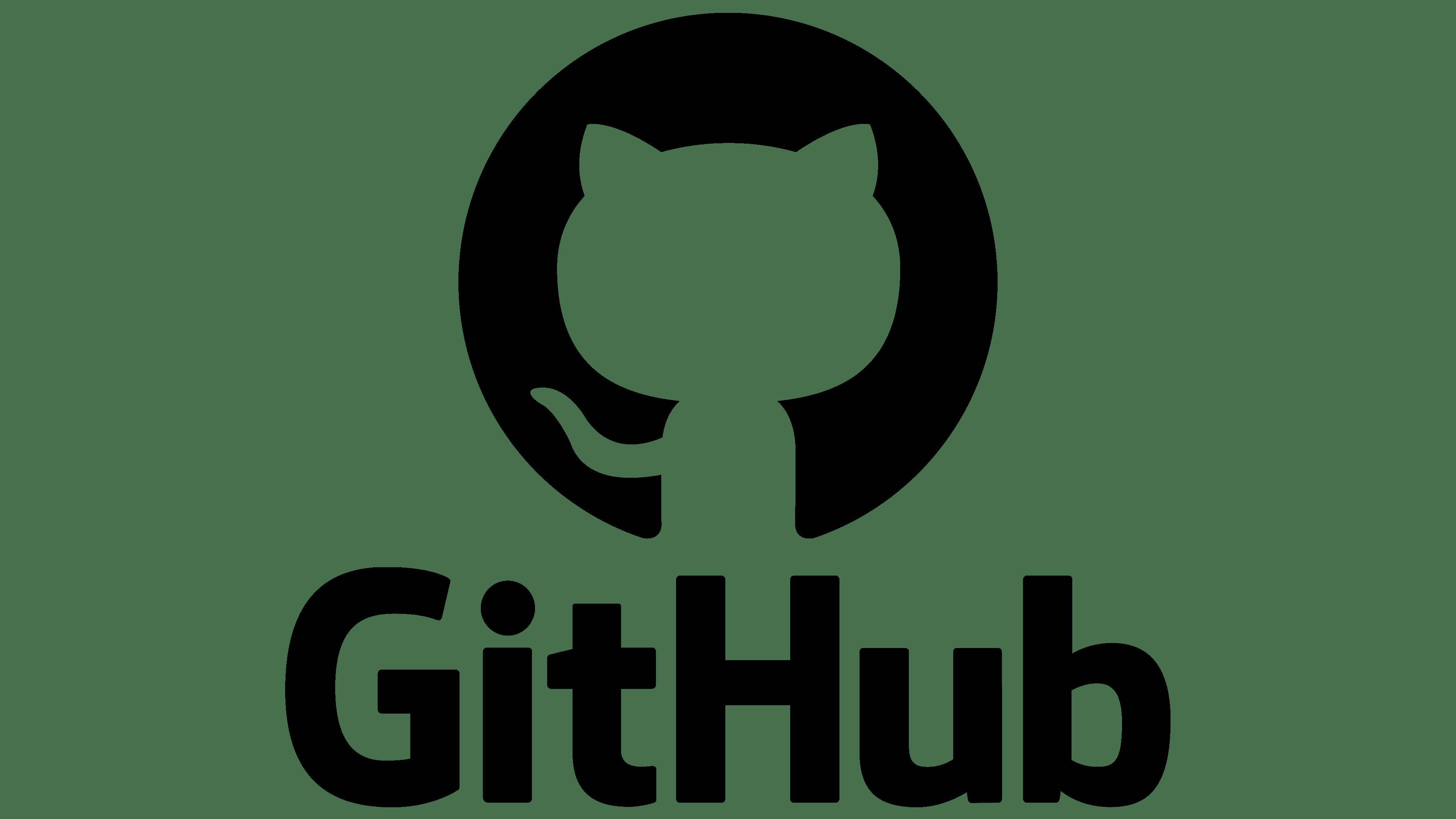During June of last year, one of the biggest providers of version control services, Github, was acquired by Microsoft. What repercussions does this entail and how is the future of such services? What can we extrapolate of such decision? To truly understand the questions in matter, we need to focus on what we are storing. Data is vital to every aspect of development, ranging from how we manipulate it, where we store it and who do we entrust our precious information with. Who has access to it, what law protects it from unintended use and what projects may branch out of it. Information has become so critical to us that in order to keep it safe, we have developed mechanisms to keep a tight control on how we collaborate and store it.
Data hosting services are nothing new, we’ve had Rapidshare, Megaupload and other companies all provide data hosting services for years before Github was even a thing. While the services they provide are in essence different, they are all handling and storing data for end users with paid and free hosting paradigms. These free plans were the first step towards the snowball that slowly led the industry to accommodate to newer and different approaches to paid and free repository services.
To show, or not to show? GitHub has always had a free storage option, but in the past, that free tier was limited to public repositories, where everyone is able to see and fork a copy of your hard work. If you were an aspiring developer who wanted to delve into source control at first, the best affordable option was to make your code public. Even after landing your first developer job, when it comes time to move on or work on a side project, you might not want to have your work out, available for anyone or for your current employer to see and make assumptions out of. A company that in the past held a free Github account for their source code in serious business projects usually had as much credibility as a three dollar bill.
Repercussions At the end of the day, the deal was almost inevitable, whether it had been Google, Apple or another company within the cloud of conglomerates that could have bought Github. So what does it mean for the world’s biggest crowd-sourced code repository to be bought by the world's biggest software company? For starters, it means that now Microsoft has the ability to access the repositories of roughly 28 million developers and organizations. Secondly, Github suddenly becomes a standard for future companies that might ever want to start with a source control service. Developers won’t be settling for less than the minimum they obtain for free, and from our perspective, freelance software developers won’t be settling for anything else.
With this being said, the future holds new and exciting plans as these platforms will continue to shift into different pricing plans, now instead of being a nuisance to developers and logistics, they will move to providing different tools along with the hosting service they provide and for one, I am curious of what we will see in the following years as we expect more and more companies adhere to these new plans.




No comments yet
Be the first to share your thoughts!